How to Avoid a Summer Tire Blowout
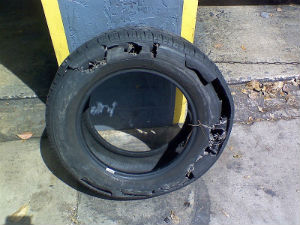
No Spare Tire?
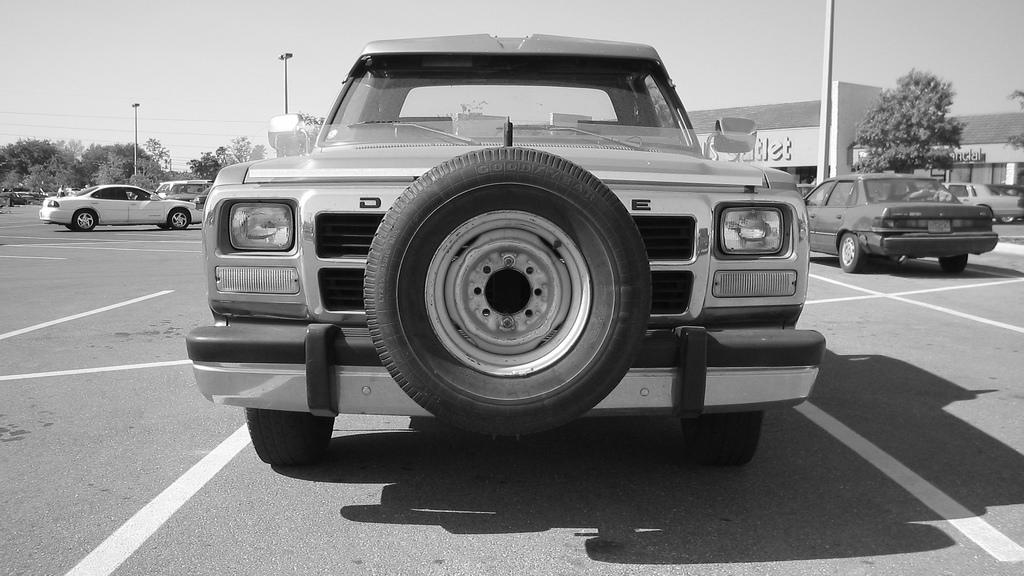 and cost. When you're stuck by the side of the road, though, none of that really matters much, does it?
and cost. When you're stuck by the side of the road, though, none of that really matters much, does it? 4 Things About Tires You May Not Have Known
Tires all look sort of the same…round and black…and people tend to think tires don’t change much over the years. That’s really not true, though – engineers and designers are constantly working on advances in tire designs for more miles, better fuel economy and better performance.
Here’s a rundown of current trends in tire technology you may not have been aware of:

- Tall, skinny tires are coming back. If you’ve ever ridden a beach cruiser bike vs. a racing bike, you know that skinny tires have lower rolling resistance. Carmakers are going in that direction, too – the BMW i3 electric/plug-in hybrid uses Bridgestone Ecopia tires, with higher inflation pressure and a taller, skinnier profile. Tall, skinny tires also redu ...[more]
Get The Most Out Of That Set Of Tires

Don’t Forget Your Spare
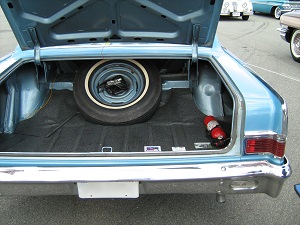
Seven Things You Need To Know About Tires
We often see customers who are a little overwhelmed by the tire buying process. There are so many types of tires for different vehicles and different driving styles, all at different price points. Here are a few things every driver needs to know about tires:
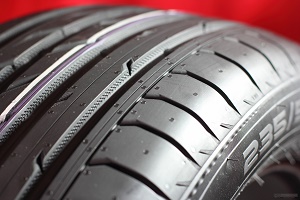
· A tire is constructed from the inside out, starting at the inner liner. There are 20 to 25 different components in every tire; fabric belts are wrapped around the inner liner, with steel belts, more fabric belts and other materials layered between the tread surface and the inner liner. These layers provide strength, noise suppression and ride quality.
· Newer low-profile tires are popular with many drivers, if only for aesthetic/style reasons. It’s important to know low-profi ...[more]
Get Ready for Summer Road Trips with New Tires
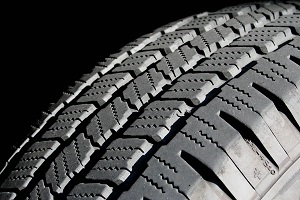
Potholes...A Sign It’s Spring
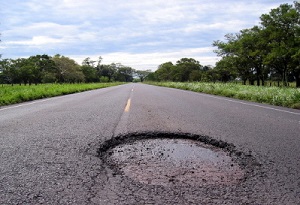 Nobody needs to remind you this has been an especially harsh winter.
Nobody needs to remind you this has been an especially harsh winter.
Winter is not just hard on vehicles and the people who drive them -- it’s hard on roads, too. With fluctuations in temperature and freeze/thaw cycles, pavement materials expand and contract, leaving streets with cracks and potholes. Add in the effect of washouts from heavy rain, caustic de-icing chemicals and damage from vehicles with studs or tire chains, and you can end up with springtime road surfaces which are a real mess.
Unfortunately, you can’t wait for the highway department to repair damaged pavement...you’ve got to get where you’re going, and your car’s tires, suspension and alignment are likely to pay the price. A hard impact on a pothole can be enough to tweak your front end ali ...[more]
Don’t Let Tire Problems Put the Brakes on Your Valentine’s Date
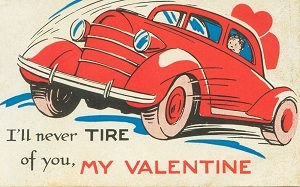 Don’t let tire problems get in the way this Valentine’s day. How is your tire pressure? Do my tires need to be rotated? Is it time for an alignment? Do I need new tires? While these questions can seem daunting, with the help of tire professionals and various routine self-checks, any driver can maintain proper tire care and not miss that big date this Valentine’s Day. From tire rotations to air pressure, learning what signals might indicate tire replacement or repair is important for every vehicle owner.
Don’t let tire problems get in the way this Valentine’s day. How is your tire pressure? Do my tires need to be rotated? Is it time for an alignment? Do I need new tires? While these questions can seem daunting, with the help of tire professionals and various routine self-checks, any driver can maintain proper tire care and not miss that big date this Valentine’s Day. From tire rotations to air pressure, learning what signals might indicate tire replacement or repair is important for every vehicle owner. Summer Heat
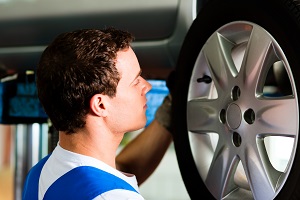 Most of us know tires are one of the most important safety features of any vehicle and want to keep our tires in the best condition possible. However, what you do not know about tire wear and tire pressure could be damaging them the most. According to the National Highway Traffic Safety Association, nearly 200 driving casualties per year occur at the hands of unmaintained tires. Right now it is estimated that 1 in 4 cars on the road are driving with underinflated tires.
Most of us know tires are one of the most important safety features of any vehicle and want to keep our tires in the best condition possible. However, what you do not know about tire wear and tire pressure could be damaging them the most. According to the National Highway Traffic Safety Association, nearly 200 driving casualties per year occur at the hands of unmaintained tires. Right now it is estimated that 1 in 4 cars on the road are driving with underinflated tires.| 12 | Next >> |



